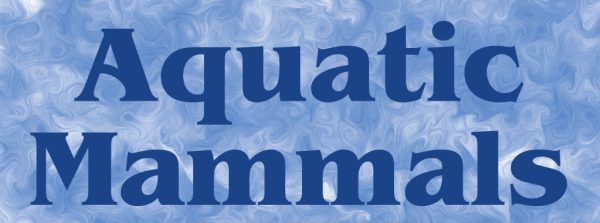Abstract: In the early 1950s, probably 1955, a group of killer whales (Orcinus orca) became entrapped in developing landfast sea ice in northeast Foxe Basin in the eastern Canadian Arctic (Nunavut). Reports of killer whale ice entrapments are rare, and this is, to our knowledge, the only fatal entrapment reported for the Canadian Arctic. The entrapment was previously reported and briefly discussed by Blackadar (1964), but significant additional information became available from local Inuit elders, some of whom experienced the event first-hand. We summarize Inuit knowledge of this ice entrapment, using (1) semi-directed interviews with 12 hunters and elders conducted in 2008 and 2010 as part of a study on Inuit knowledge on Arctic killer whales, (2) a first-hand account of the event provided by a local elder in 2006 and 2011, and (3) transcripts from the Igloolik Oral History Database (extracted in 2008). Previous authors have noted that hunters harvested two killer whales, a female and a calf, but local knowledge summarized here indicates that more killer whales, at least five and probably 11 to 12, were entrapped and at least two harvested, while the rest likely died. Local knowledge also provided new information that the killer whales were entrapped in a different location than previously reported and that they survived in the breathing hole for several months before harvest. Inuit are reliable observers with excellent recall abilities, particularly for observations of rare events related to the natural environment that encompasses their way of life. The observations reported here are significant in understanding the physiology of killer whale starvation in cold waters, for managers monitoring frequency of episodic events, and in developing appropriate responses to rare entrapment events.
Key Words: ice entrapment, Inuit knowledge, Arctic, killer whales, Orcinus orca, oral history, semi-directed interviews, starvation
Document Type: Research article
DOI: 10.1578/AM.40.1.2014.9
Page Numbers: 9-19

